Fully-matching results
-
Global Economy
The Best Medicine for a COVID-19 Economy? More Education and Training
In many of the new and growing jobs, higher skill requirements can best be met by providing workers with more extensive and affordable post-secondary education opportunities.
-
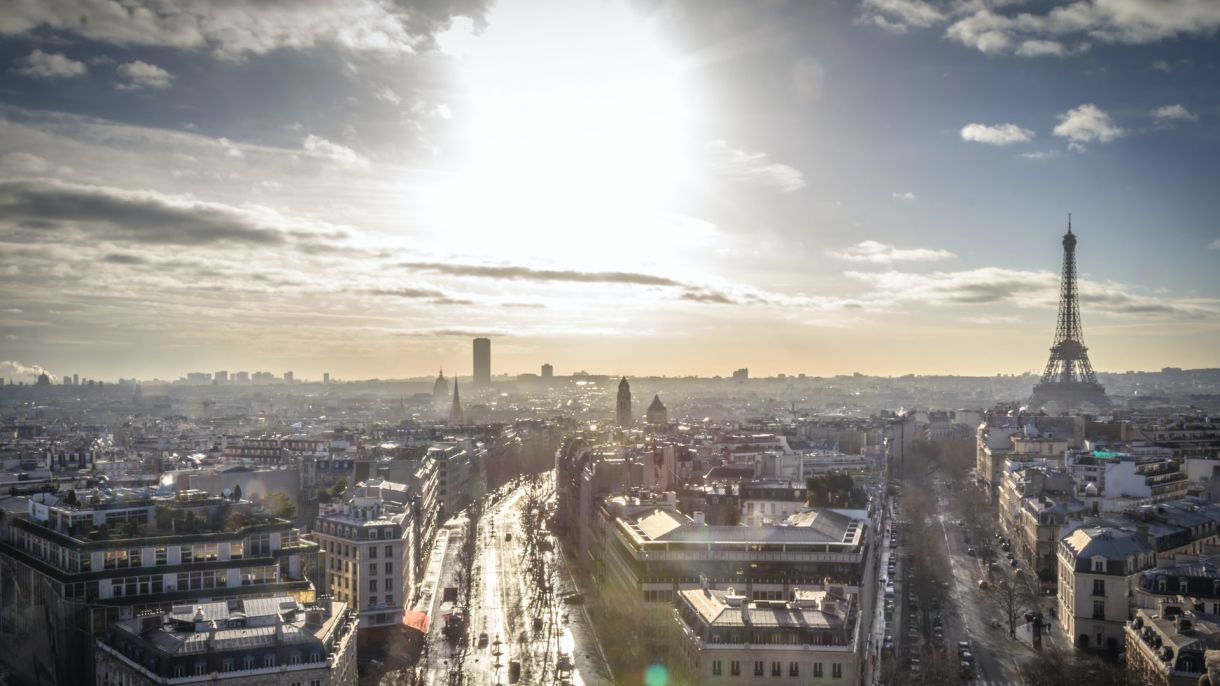 Global CitiesRob Potvin
Global CitiesRob PotvinTalking the Talk – How Cities Shape Migration Narratives on the Global Agenda | Chicago Council on Global Affairs
Cities use migration-focused narratives not only in an attempt to influence global discussions, but also to achieve concrete outcomes for transforming local realities.
-
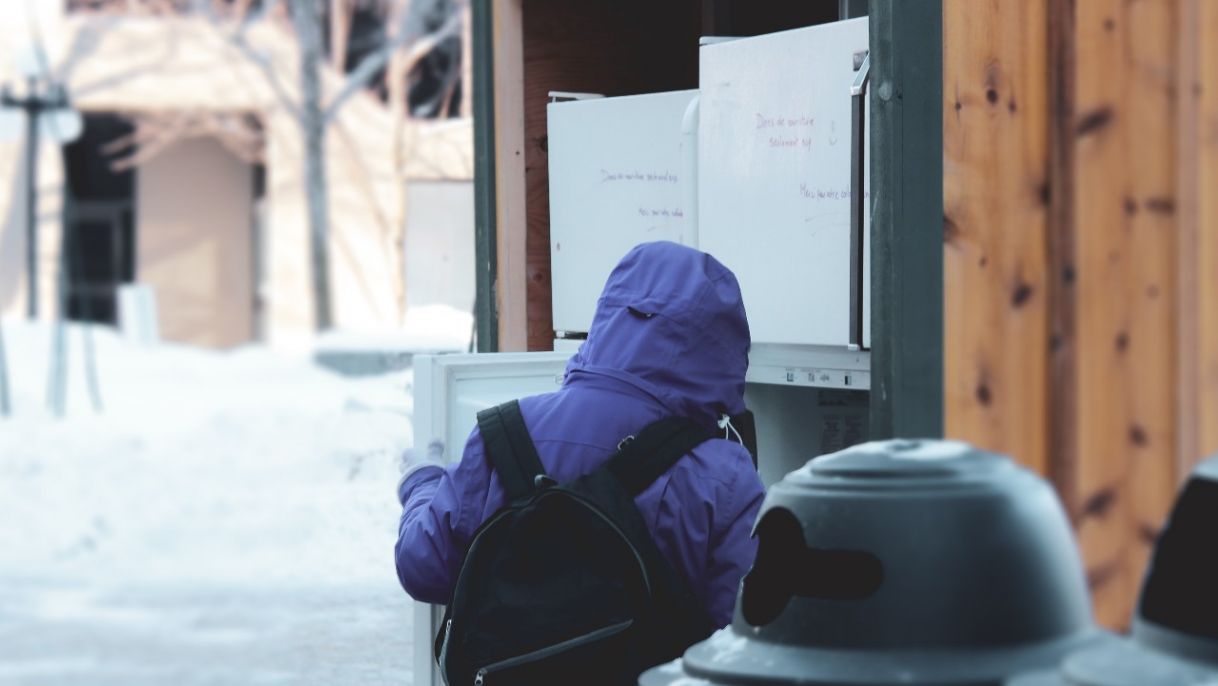 Food and Agriculture
Food and Agriculture
Talking Back to Hunger | Chicago Council on Global Affairs
Roger Thurow shares a poem evoking the human face of domestic hunger — an issue that is too often forgotten in policy discussions.
-
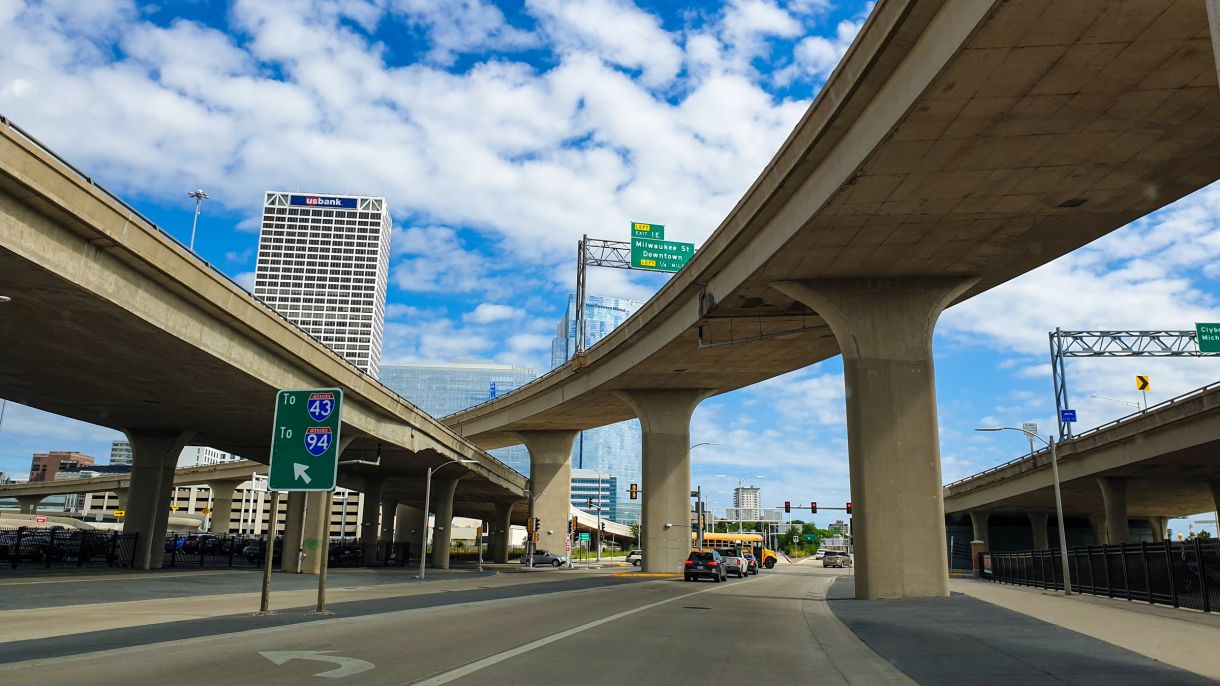 Global Cities
Global Cities
Tackling Inequality by Investing in Infrastructure | Chicago Council on Global Affairs
By investing in infrastructure, the United States can prepare communities to participate in a changing economy, increase access to opportunity, and address challenges highlighted by the COVID-19 pandemic.
-
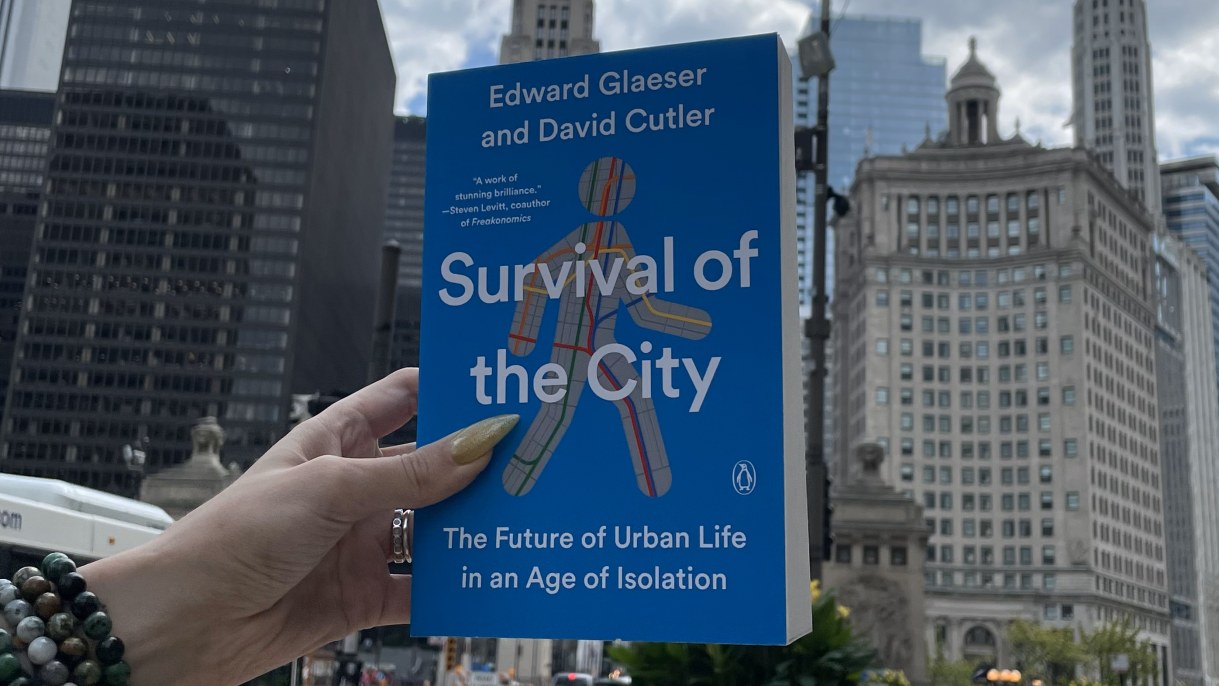 Global Cities
Global Cities
Survival of the City: Ed Glaeser on the Future of Post-Pandemic Urban Life | Chicago Council on Global Affairs
Pattis Family Foundation Global Cities Book Award nominee Edward Glaeser examines the gaps in health care, education, and governance laid bare by the pandemic.
-
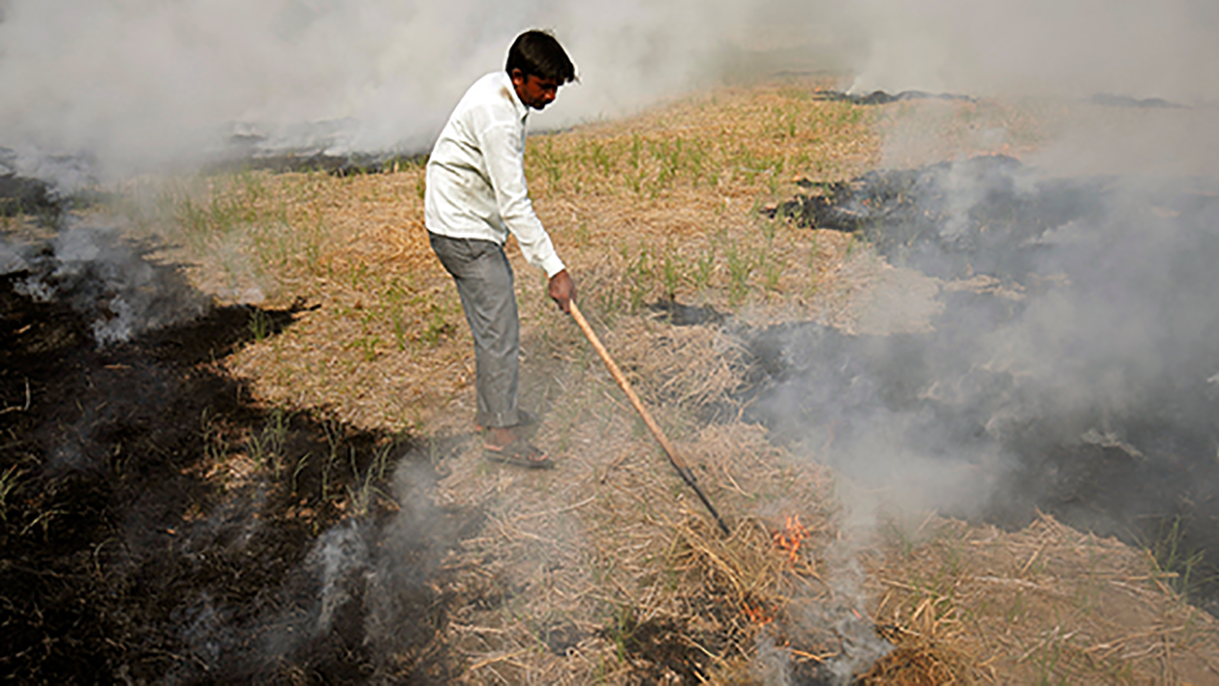 Food and AgricultureREUTERS
Food and AgricultureREUTERSStrategic Leniency, Golden Rice, and a Fertilizer Ban | Chicago Council on Global Affairs
Our weekly roundup the top news and research in food, agriculture, and global development.
-
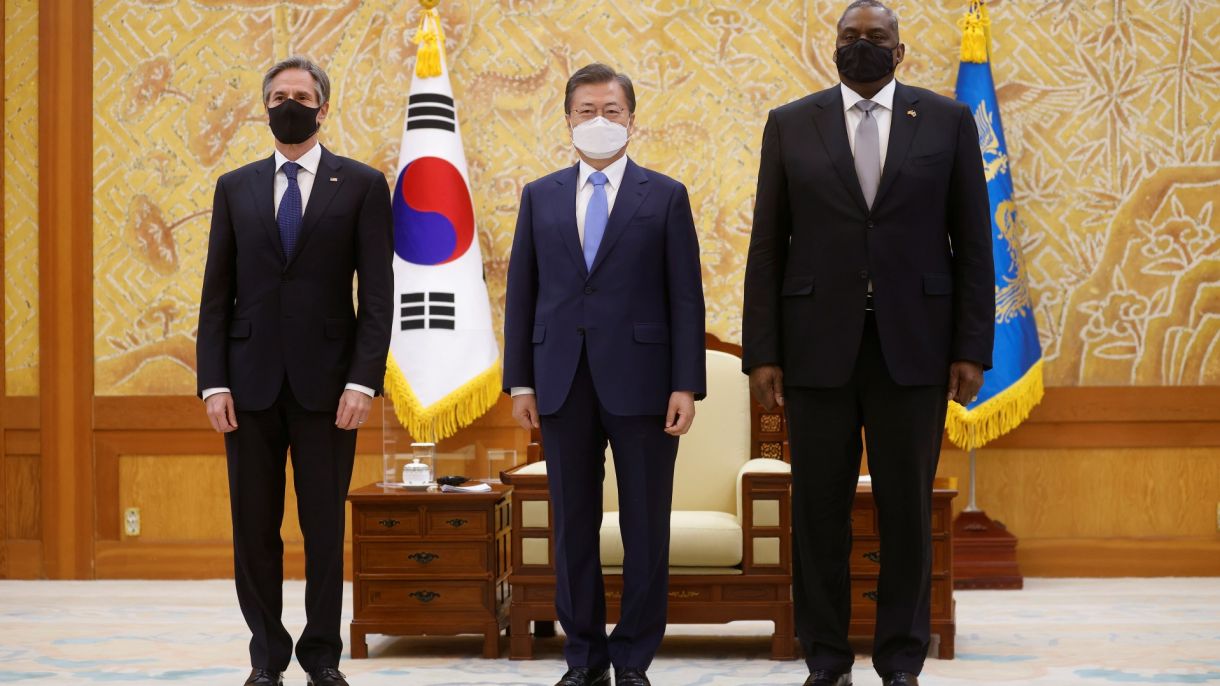 Public OpinionREUTERS
Public OpinionREUTERSSouth Koreans See China as More Threat than Partner, But Not the Most Critical Threat Facing the Country | Chicago Council on Global Affairs
Majorities of South Koreans cite low birthrates in South Korea and North Korea’s nuclear program as larger threats than China's economic or military power.
-
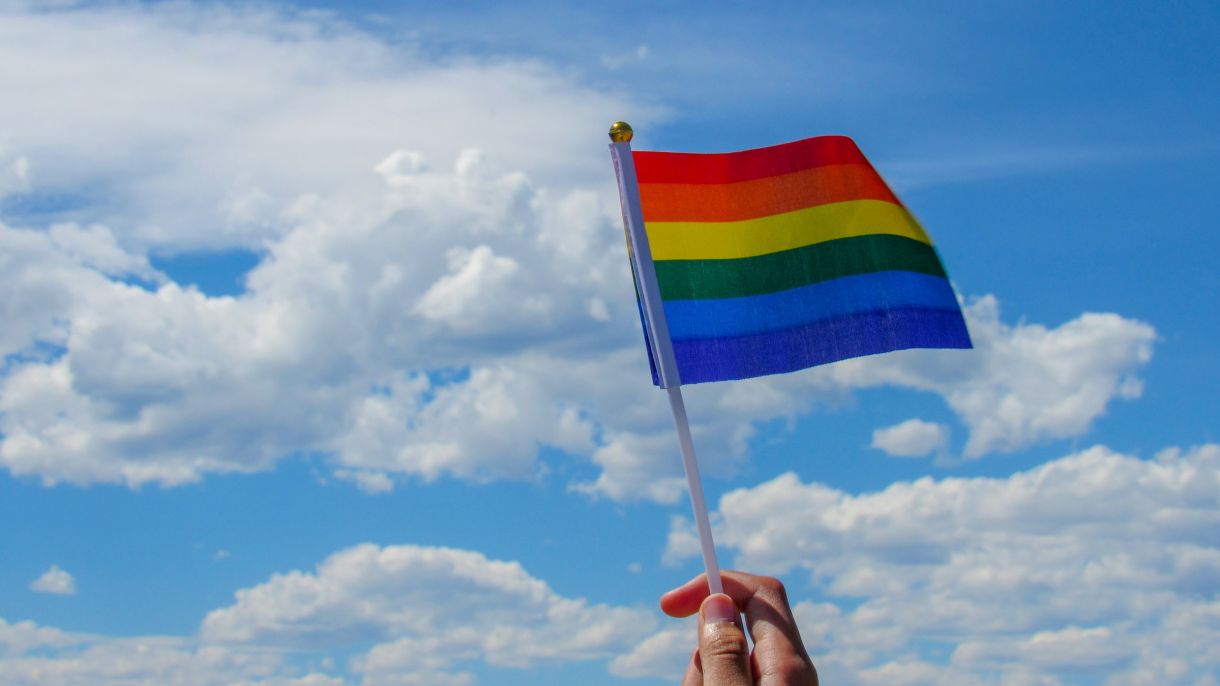 Inclusion and EquityBrielle French
Inclusion and EquityBrielle FrenchSouth Koreans Becoming More Accepting of LGBTQ Community | Chicago Council on Global Affairs
Although data shows South Koreans remain uncomfortable with homosexuality, recent trends show an increase in acceptance.
-
Global Health
South Korea's Success in Containing the Coronavirus Highlights Importance of Digital Resilience
One of the emerging lessons of the Covid-19 pandemic is that countries and companies that digitised early are more likely to recover faster than those that did not
-
Climate and the EnvironmentReuters
Some Aussies Overlook Link Between Climate Change and Drought | Chicago Council on Global Affairs
Australians are more concerned about severe weather events than the climate crisis causing them. But is tackling the former alone just putting out fires?

